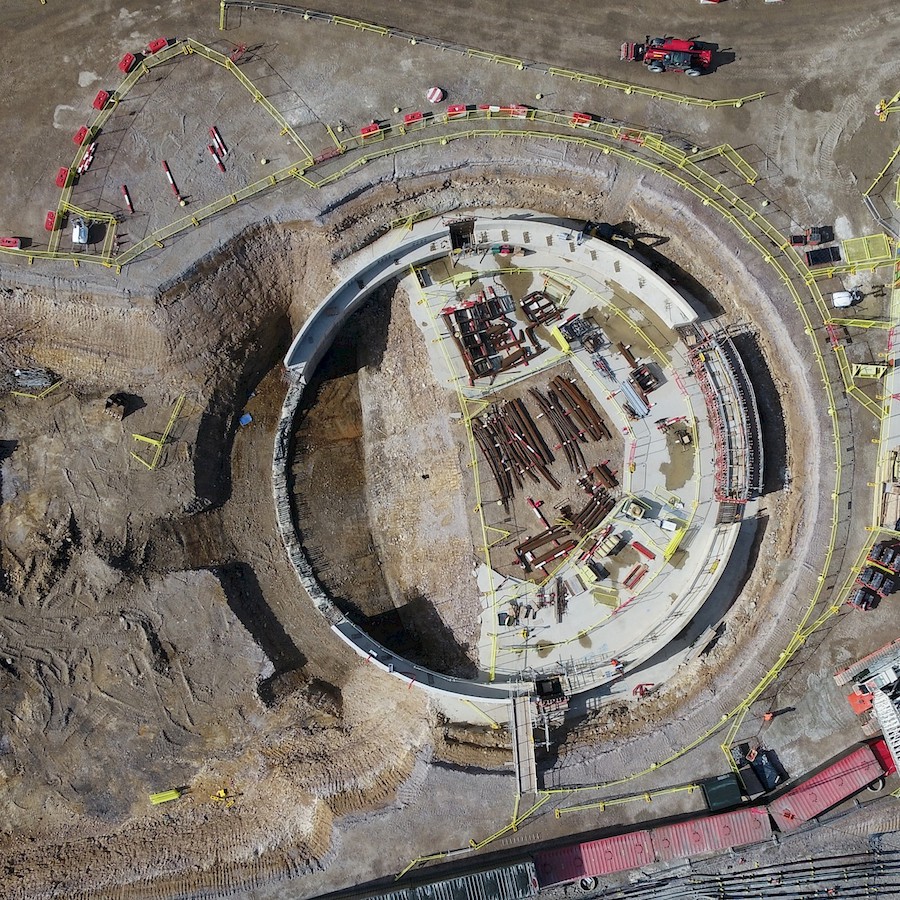Sirius Minerals (LON:SXX), the British company building a huge fertilizer mine beneath a national park, is seeking a strategic investor to help fund a revised two-stage development plan for its Woodsmith project.
The company was forced to abandon a $500-million fundraising attempt in September, which it needed to unlock a $2.5-billion debt package from JP Morgan that would have financed the mine’s second phase of construction.
Sirius is now focusing on securing $600 million to finish sinking shafts to access deposit of polyhalite, a form of potash used as crops fertilizer.
Sirius is seeking $600 million to finish sinking shafts and access the world’s largest deposit of polyhalite, a type of potash used as crops fertilizer
Once that phase is complete, the miner will seek to raise the remaining $1.9 billion needed to finish construction of the mine from banks and infrastructure funds. If the plan is successful, Sirius says it will be producing 13 million tonnes of polyhalite a year by the third quarter of 2026.
The company has also identified almost $370 million in cost savings by reconfiguring tunnelling and processing plans.
Director and chief executive Chris Fraser said the new strategy would help de-risk the project and mean less dilution for shareholders, including thousands of local retail investors who have backed the company.
Analysts have speculated that
Sirius could bring a major mining company on board, a sovereign wealth fund –
it already has backing from Qatari and Norwegian funds – or even a private
equity firm.
The revised plan does not need any state backing at this stage, though the company would not refuse government support.
Since late August, work on the project has slowed down, with about 300 jobs axed, and it is understood that contracts won’t be renewed once contractors complete their current tasks.
Construction of Woodsmith, the largest mine to be built in the UK for a generation, involves sinking two 1.5km shafts below a national park on the North York Moors. It’s expected to create about 1,800 jobs during construction, as well as 1,000 permanent positions once it opens.

The ore will be extracted via the
two mine shafts and transported to Teesside on the world’s longest underground
conveyor belt, via a 37km-underground tunnel. It will then be granulated at a
materials handling facility, with the majority being exported to overseas
markets.
Sirius Minerals said in October it would attempt earlier sales of polyhalite than first anticipated, which would demonstrate cashflow to lenders and could be used to leverage cheaper rates of borrowing.







